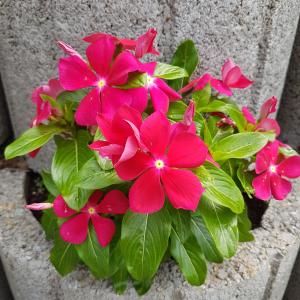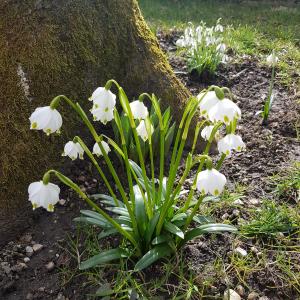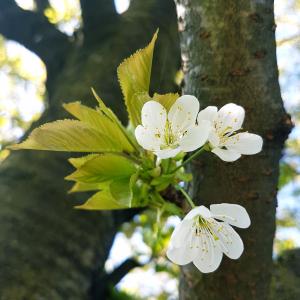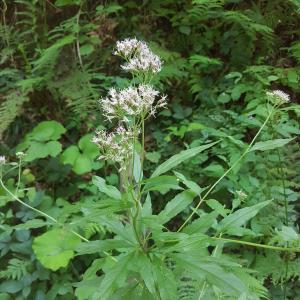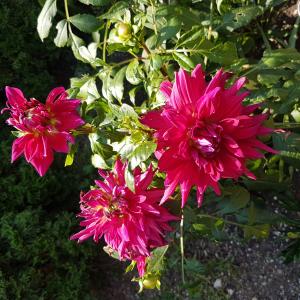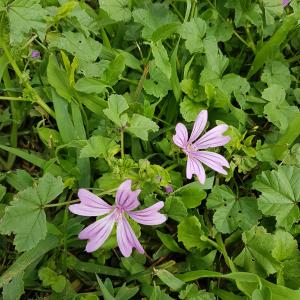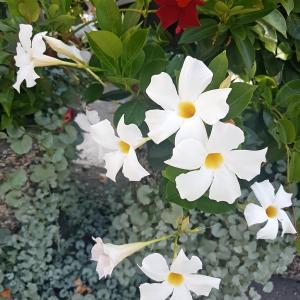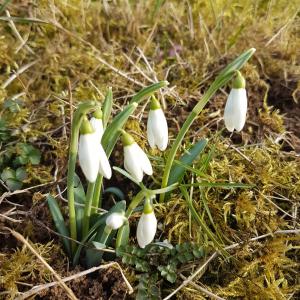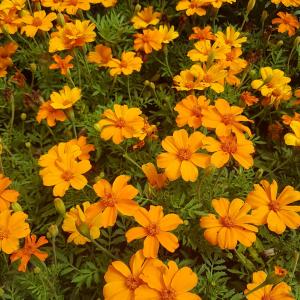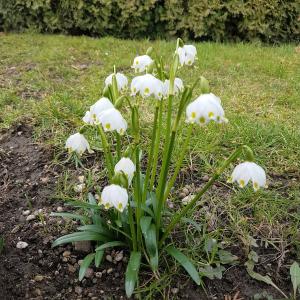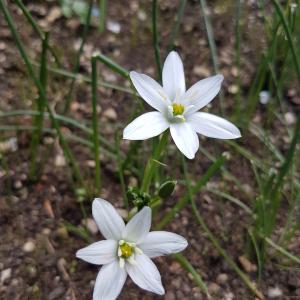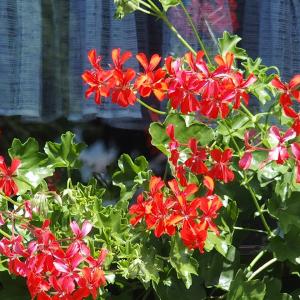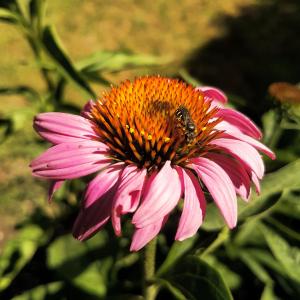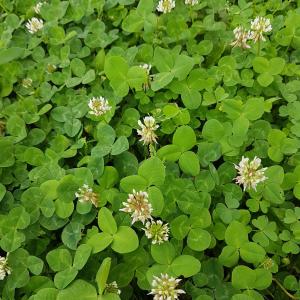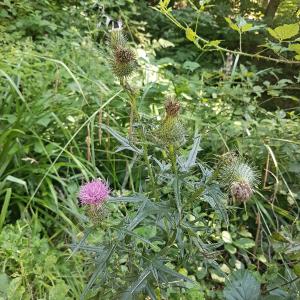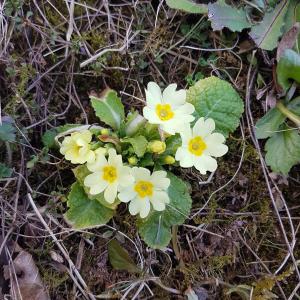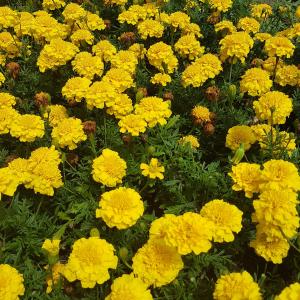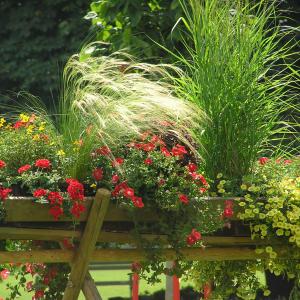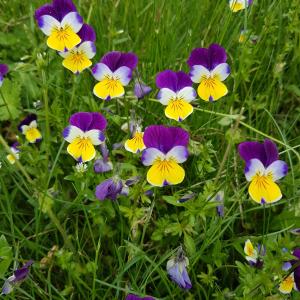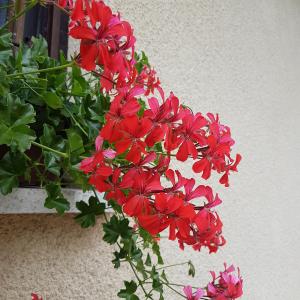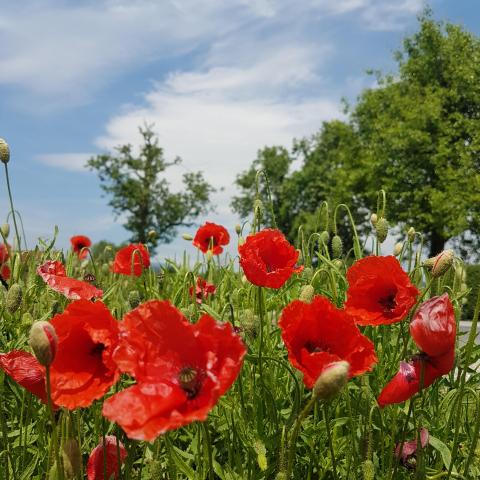
Poppy (scientific name Papaver) is a flowering plant from the poppy family (Papaveraceae). It is best known for its beautiful, bright flowers, which are most often red, pink, white, or orange. Poppy is an annual or biennial plant and thrives in various climate conditions. It is well-known for its black or gray seeds, commonly used in cooking, especially for sprinkling on bread, pastries, and other dishes.
Poppies grow in many parts of the world, mostly in areas with a temperate climate. They can be found in Europe, Asia, and North America, but they are also widespread in other regions. In nature, poppies often thrive in meadows, fields, along roadsides, and in other sunny locations. They are also popular as ornamental plants in gardens.
A particular species of poppy, Papaver somniferum, is known for producing opium from its unripe pods, a substance used to make medications such as morphine and codeine. For this reason, the cultivation of this species is strictly regulated in some countries.
Poppy has several medicinal properties, which are used in traditional medicine and pharmacy. It is best known for its calming, pain-relieving, and anti-inflammatory effects. Here are some key medicinal properties of poppy:
Pain-relieving effect: Poppy seeds and extracts from the Papaver somniferum species contain alkaloids such as morphine and codeine, which are used as potent analgesics for relieving moderate to severe pain. This is particularly important in treating post-operative pain, chronic pain, and certain diseases.
Calming and sedative effect: Alkaloids from opium poppy also have sedative properties. Medications like morphine are used to calm patients and help alleviate insomnia and restlessness, although their use is strictly regulated due to the risk of addiction.
Expectorant effect: Codeine, which is also derived from opium poppy, is used in syrups and other medications to relieve coughing. It works by reducing irritation in the brain’s cough center.
Nutrient content: Poppy seeds, which do not contain opiates, are rich in healthy fats, proteins, fiber, and minerals such as calcium, iron, magnesium, and zinc. Regular consumption of poppy seeds can contribute to overall health by supporting bone health, improving digestion, and strengthening the immune system.
Muscle relaxation: Natural alkaloids from poppy can help with muscle cramp relief and reduce muscle tension.
It is important to note that preparations from Papaver somniferum are only used under medical supervision, as uncontrolled use can lead to serious side effects, including addiction. On the other hand, culinary poppy seeds are safe, highly nutritious, and do not have intoxicating properties.
Poppy can be used in various ways, both in cooking and for medicinal purposes. Here are the main ways it can be used:
1. In Cooking
Poppy seeds: These are most commonly used in baking. They are used as a topping for bread, croissants, pastries, cookies, and other baked goods. Poppy seeds can also be ground and used as a filling for cakes, strudels, and other desserts.
Poppy seed oil: Extracted from poppy seeds, this oil is rich in unsaturated fatty acids. It is used as a healthy cooking oil for salads and other dishes, and also in cosmetics for skincare and hair care.
Poppy paste: Ground poppy seeds are often used to make sweet fillings, for example in strudels, pastries, or cakes.
2. In Medicine
Opium alkaloids (Papaver somniferum) are used in the pharmaceutical industry to produce strong painkillers, such as morphine, codeine, and other opioids, which are used to relieve pain and as sedatives.
Cough syrups: Medications containing codeine help suppress severe coughs. These medications are available only by prescription due to their potential for addiction.
Traditional use: In some cultures, poppy preparations are used to relieve digestive issues, insomnia, and to calm nerves.
3. In Cosmetics
Poppy seed oil: Due to its moisturizing properties, it is used in cosmetic products such as creams, hair balms, and soaps. It helps hydrate dry skin and protects it from drying out.
4. Decorative Use
Ornamental plant: Many gardens use various species of poppies as ornamental plants due to their attractive flowers. They grow in different colors, adding vibrancy to gardens.
When using poppies for medicinal purposes, it's always important to consult a doctor, especially for products made from opium poppy, as improper use can cause unwanted side effects.
Avilable photo size for
Beautiful Red Poppy Field
- width: 3024 px
- height: 3024 px

